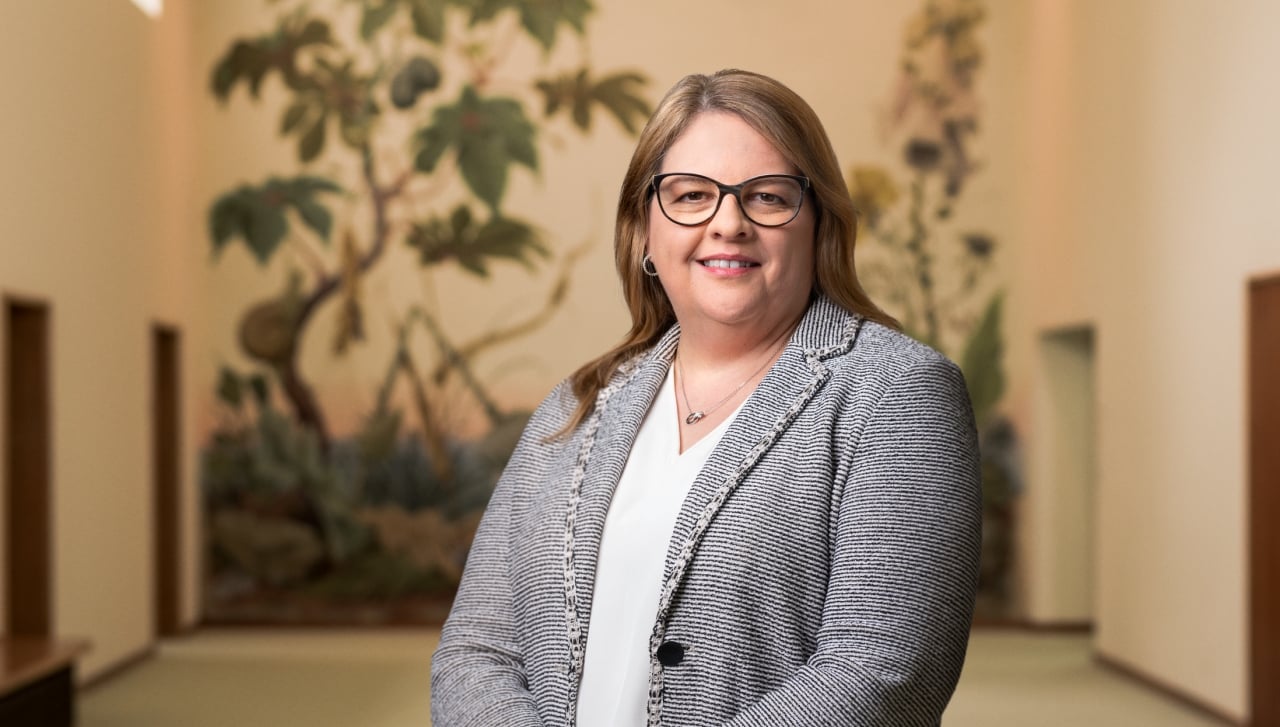Blood
With COVID windfall in rearview mirror, Roche starts to flesh out blood cancer ambitions
After a boom during the pandemic, sales from COVID-19 drugs are now nonexistent at Roche. But the Swiss pharma’s blood cancer portfolio is enjoying a rejuvenation.
Roche now expects its antibody-drug conjugate Polivy to take over roughly 65% of the market in front-line diffuse large B-cell lymphoma (DLBCL), Roche Pharmaceuticals CEO Teresa Graham said during the company’s third-quarter call Thursday. The company had previously projected a roughly 50% market share at peak for Polivy, a Morgan Stanley analyst noted on the call.
The guidance boost came after Polivy beat Wall Street analysts’ expectations by 13%, with third-quarter sales reaching 252 million Swiss francs, up 123% over the same period last year.
The growth stems from a hard-fought FDA approval in previously untreated DLBCL, which Polivy gained this past April, plus an EU nod in May 2022. More than 10,000 commercial patients globally are now on the regimen.
After those approvals, Polivy has already obtained 14% front-line market share in the U.S, plus 29% and 23% in Germany and the U.K., respectively, according to Graham.
“We have four to five years before we would expect any additional competition in the first-line DLBCL space, which not only means that we can entrench Polivy as the standard of care, [but] it also gives us our own opportunities to further improve that standard of care by developing new in-house combinations,” Graham said.
One such combination is being tested in a new phase 3 trial launched last month. Dubbed SKYGLO, the phase 3 study is testing Roche’s newly launched Columvi on top of the FDA-approved Polivy combination with R-CHP in first-line DLBCL.
Columvi is one of two bispecific antibody drugs that Roche recently introduced in the blood cancer space. The drug was approved by the FDA as a late-line therapy in mid-June. A phase 3 trial coded STARGLO combining Columvi with the chemotherapies gemcitabine and oxaliplatin in second-line DLBCL is expected to read out next year.
The other Roche CD20xCD3 bispecific, Lunsumio, was approved in late 2022 to treat relapsed or refractory follicular lymphoma. The drug has snagged double-digit market share in various countries, Graham said. But its third-quarter sales of CHF 15 million missed analysts’ consensus by 40%.
As Roche tries to move Lunsumio into earlier treatment settings, the phase 3 SUNMO trial evaluating the drug’s combination with Polivy in second-line DLBCL is expected to report data next year.
Graham described these newer drugs as a “rejuvenation” of Roche’s blood cancer portfolio. That business was led by Rituxan for many years, but the drug declined rapidly after the launch of biosimilars. In the third quarter, Rituxan sales were down 13% year over year to CHF 378 million.
But the biosimilar damage might not be as bad as expected, at least this year. Roche on Thursday improved its projection for biosimilar impacts on the trio of Ritxuan, Herceptin and Avasti by CHF 500 million to now expect a decline of about CHF 1.1 billion. Previously, the company had guided for a CHF 1.6 billion damage on sales this year from biosimilars of those meds.
The company also bolstered its groupwide COVID-19 sales guidance by CHF 500 million to now anticipate a full-year decrease of CHF 4.5 billion.
COVID revenue was already depleted in Roche’s pharma division. None of anti-inflammation drug Acterma’s CHF 647 million sales in the third quarter came from its COVID use. As for COVID antibody Ronapreve, Roche deducted CHF 17 million sales from its top line to adjust for a reevaluation of the exchange rate between the Swiss franc and the Japanese yen as part of a supply deal with the Japanese government in the first quarter.
Roche is dealing with increasing currency headwinds thanks to a strong Swiss franc. In the third quarter, unfavorable foreign exchange rates dragged down Roche’s entire reported sales, at CHF 14.3 billion, by 10 percentage points. Still, the company maintained its group sales guidance to expect a low-single-digit decline, thanks to COVID products.

